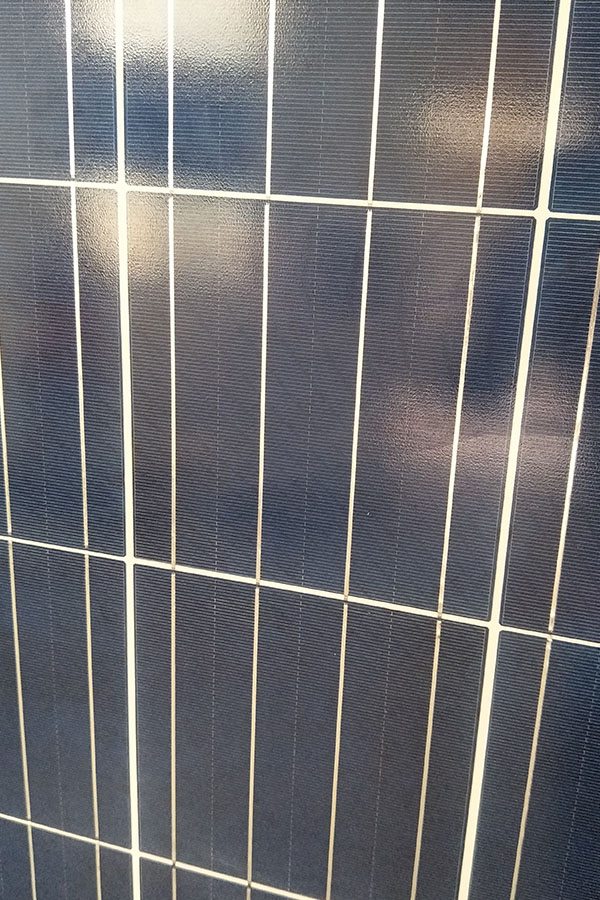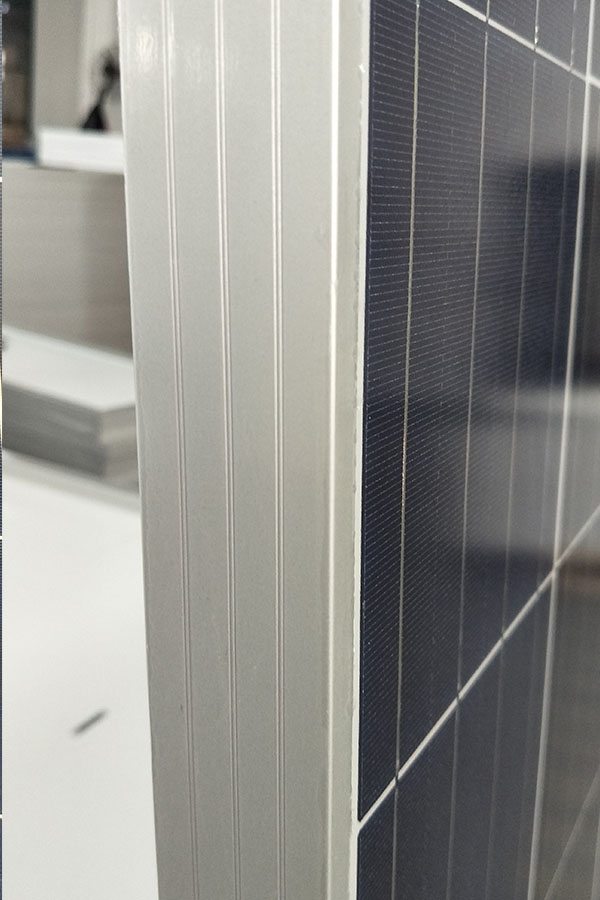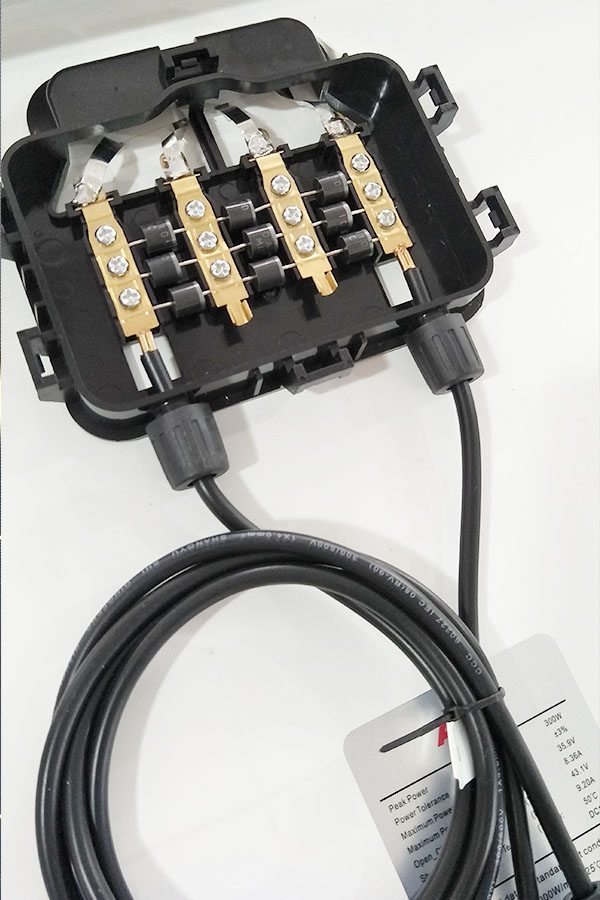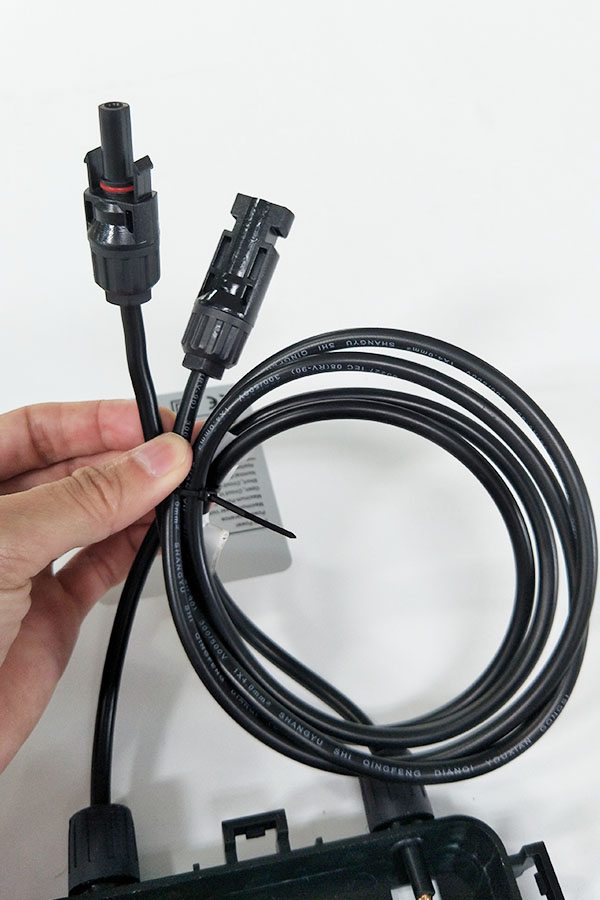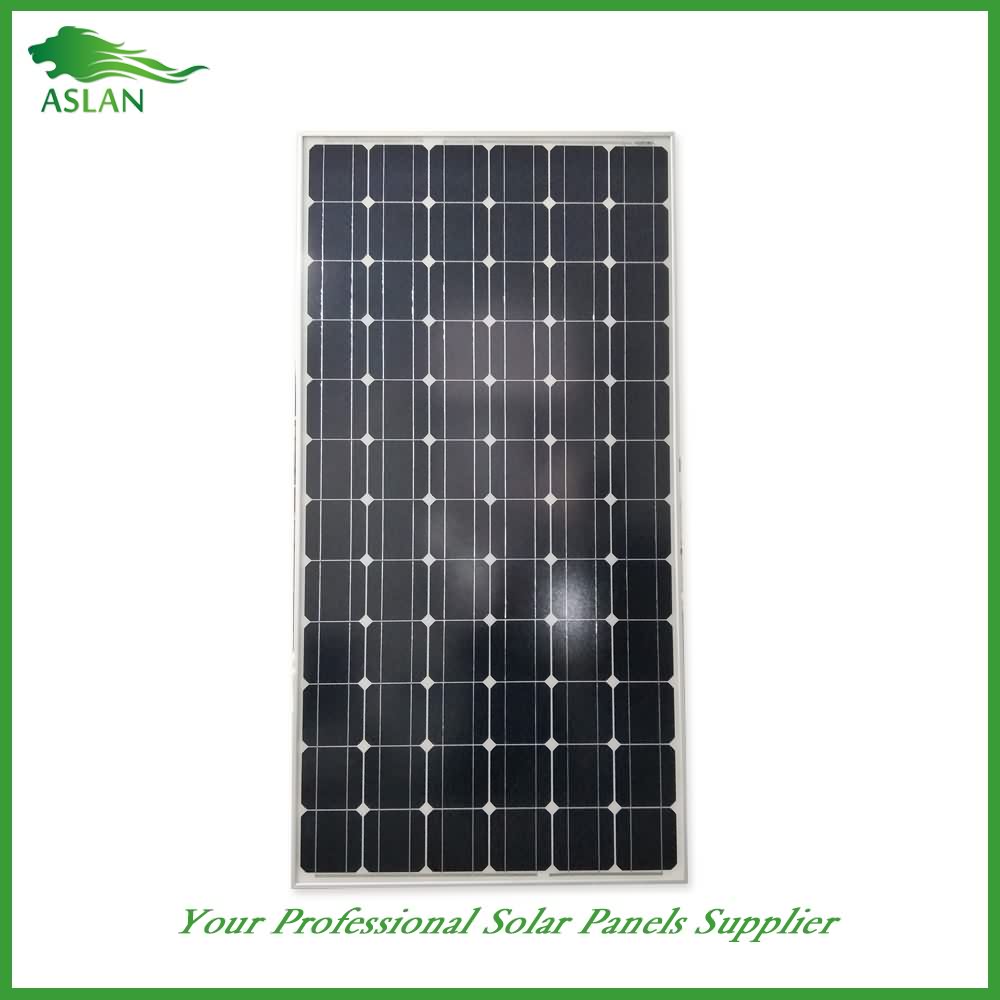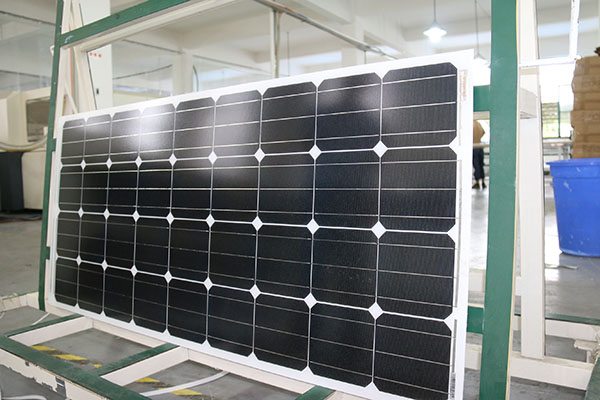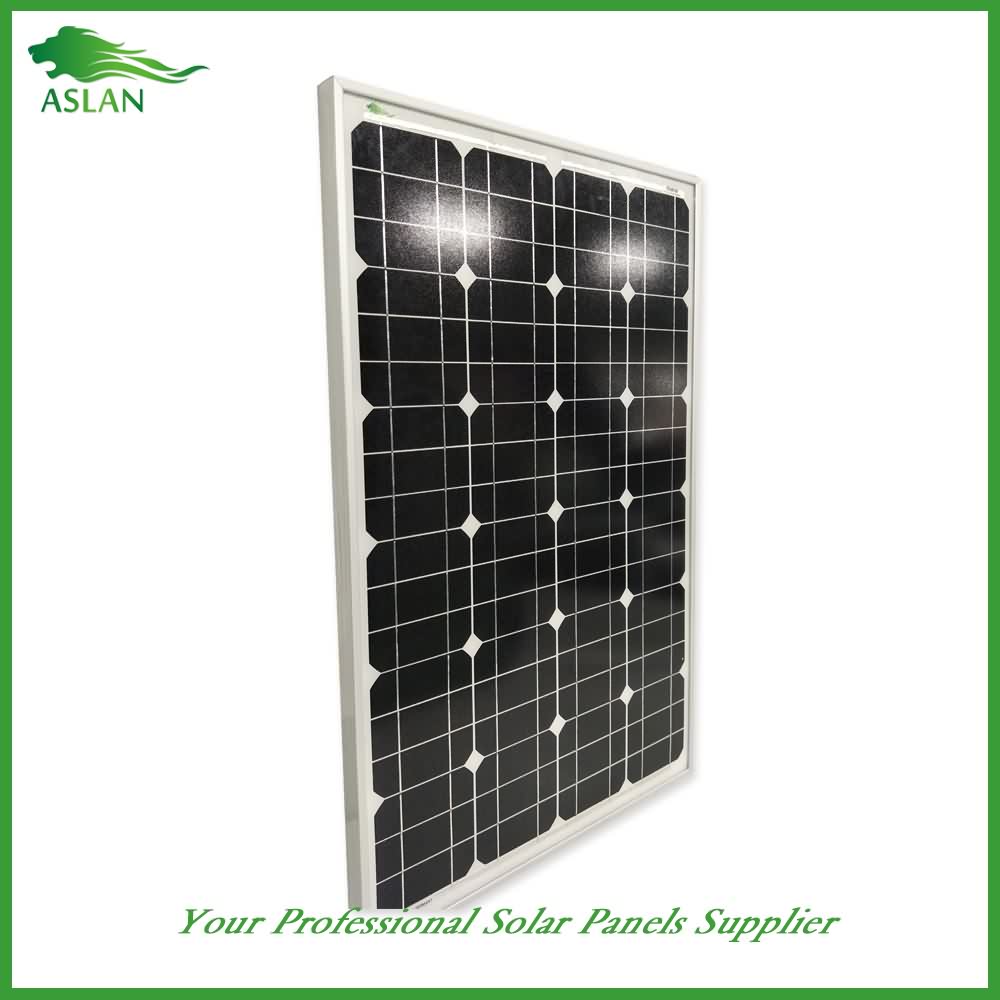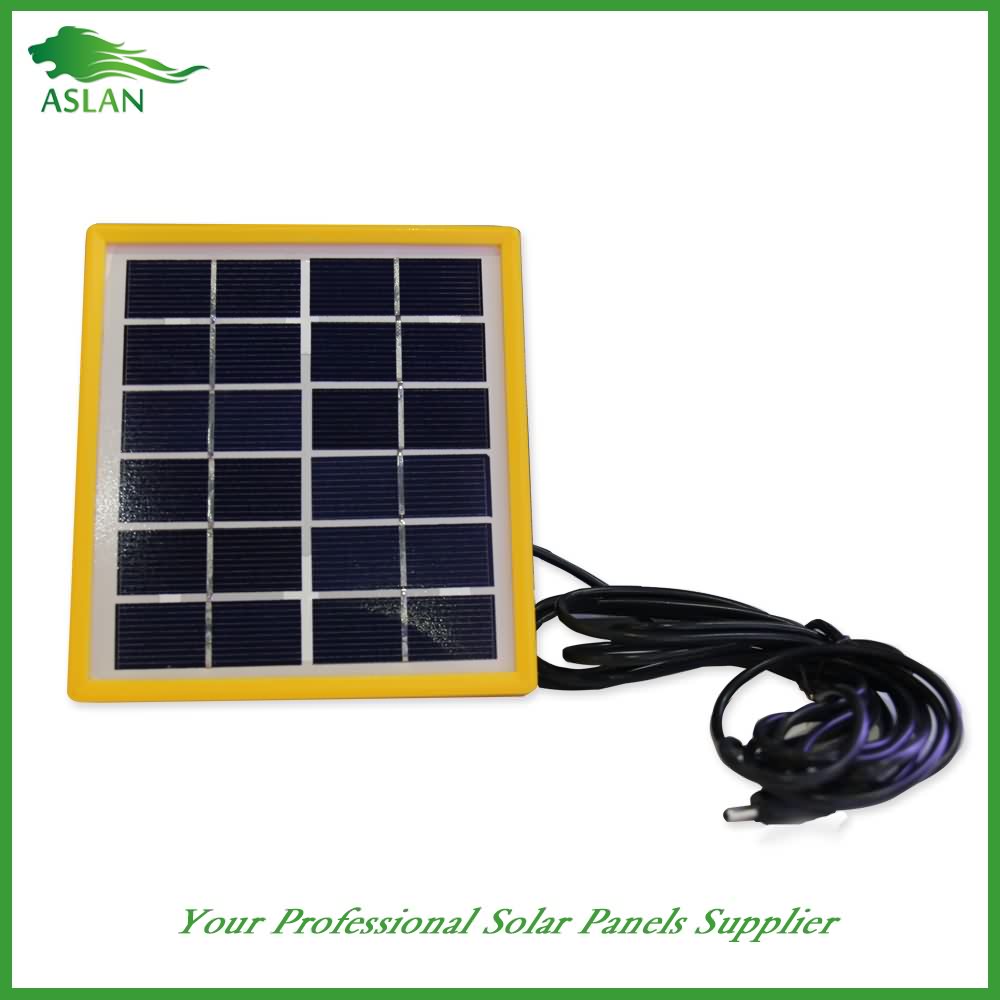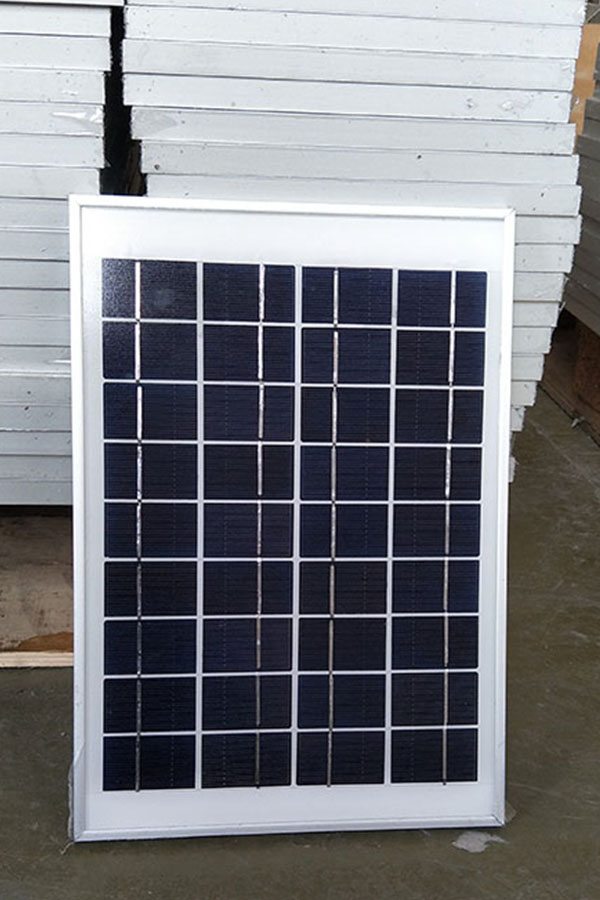China Cheap price Poly-crystalline Solar Panel 200W Factory in Benin
Short Description:
The customer satisfaction is our primary target. We uphold a consistent level of professionalism, quality, credibility and service for
China Cheap price Poly-crystalline Solar Panel 200W Factory in Benin, We welcome new and old customers from all walks of life to contact us for future business relationships and mutual success!
Poly-crystalline Solar Panel 200W
Technical parameter
Maximum Power(W) 200W
Optimum Power Voltage(Vmp) 26.78V
Optimum Operating Current(Imp) 7.47A
Open Circuit Voltage(Voc) 32.66V
Short Circuit Current(Isc) 8.21A
Mechanical Characteristics
Cell Type Polycrystalline 156x156mm (6 inch)
No of Cell 54 (6x9pcs)
Dimensions 1482x990x40mm
Weight 17.6Kg
Front Glass 3.2mm,High Transmission, Low Iron,Tempered Glass
Junction box IP65 Rated
Output Cable TUV 1×4.0mm2/UL12AWG,Length:900mm
Temperature and Coefficients
Operating Temperature(°C): -40°C ~ + 85°C
Maximum System Voltage: 600V(UL)/1000V(IEC) DC
Maximum Rated Current Series: 15A
Temperature Coefficients of Pmax: -0.47%
Temperature Coefficients of Voc: -0.389%
Temperature Coefficients of Isc: 0.057%
Nominal Operationg Cell Temperature (NOCT): 47+/-2°C
Materials of solar panel
1).Solar Cell——Polycrystalline solar cell 156*156mm
2).Front Glass——-3.2mm, high transmission, low iron, tempered glass
3).EVA——-excellent anti-aging EVA
4).TPT——-TPT hot seal made of flame resistance
5).Frame——anodized aluminum profile
6).Junction Box——-IP65 rated, high quality, with diode protection
Superiority: high quality anodized aluminum frame, high efficiency long life, easy installation, strong wind resistance, strong hail resistance.
Features
1. High cell efficiency with quality silicon materials for long term output stability
2. Strictly quality control ensure the stability and reliability, totally 23 QC procedures
3. High transmittance low iron tempered glass with enhanced stiffness and impact resistance
4. Both Poly-crystalline and Mono-crystalline
5. Excellent performance in harsh weather
6. Outstanding electrical performance under high temperature and low irradiance
Quality assurance testing
Thermal cycling test
Thermal shock test
Thermal/Freezing and high humidity cycling test
Electrical isolation test
Hail impact test
Mechanical, wind and twist loading test
Salt mist test
Light and water-exposure test
Moist carbon dioxide/sulphur dioxide
3rd Generation Hybrid Solar Systems are the most advance Solar Energy Systems in the world market….
German-Netz 3GHSS off-grid systems is synonymous with German Engineering and the skill of developing high-quality solar PV solutions
3GHSS Solar Panel can withstands and prevents the follow
Potential Induced Degradation
1. Based on the way conventional photovoltaic systems
work, voltage differences occur between the frames and the solar cells of a module. Especially in wet weather this can lead to undesired leakage currents which can decrease the performance of the cells.
According to a report by the industry journal Photon (12 / 2010), this can result in yield losses of 20% or more. This effect has been
named “Potential Induced Degradation”, abbreviated “PID
Anti- HOT-SPOTS
During different production steps, the primary material of solar cells – the silicon wafers – are subject to both chemicals and severe heat of up to 900℃. They are also put under mechanical stress during transport. Together these factors can lead to very small material defects – so-called “micro cracks” – that cannot be seen during conventional final inspections. Defective edge insulation can also cause Hot-Spots.
Anti FORGERY PV
One of the biggest problems facing solar investment is forgery… Every solar cell German-Netz use in 3GHSS Home set has its own unique code. Every photovoltaic cell is thus traceable and guaranteed to be the real thing by the producer.
The Tra.Q™ code contains information about the place and date of production. This makes it possible to trace certain production conditions for each solar cell.
Smart Energy Manager
SMA Smart Home is not a static and pre-defined process, instead the Sunny Home Manager looks around and thinks for itself. For example, it uses the local weather forecast to calculate how much solar power is expected to be available over the course of the day.
Even more, the Sunny Home Manager learns the typical time at
which household appliances are operated (load profile) and takes this into account in its calculation for energy management. The result: Thanks to the recommended actions provided, system operators receive guidance when and for how long they can
use the solar power — optimally. For example, to start the washing machine.
LiFePO4 STORAGE
The centrepiece of the innovative 3GHSS Hybrid complete set is the storage technology with high-performance lithium-ion batteries.
These new and advanced solar-energy storage units are also known as lithium-ion batteries, or li-ion batteries for short. We
use industry-standard components in our system for temporarily storing solar energy; components which have been used in aircraft and vehicles for many years and are proven to be reliable and effective.
These lithium-ion batteries are real powerhouses and have an extremely high storage capacity, ranging from 9.6 kWh – 24.2 kWh depending on the model. The lithium-ion batteries’ extremely high charging power of up to 48.0 kWh set off-Grid standard for hybrid solar systems— this means that the lithium-ion batteries in
your photovoltaic-energy storage unit can be fully charged in a very short period of time – one hour of sunshine is all it takes. Secondly, it means that, once stored, the solar energy can be quickly called upon whenever you really need it.
In our opinion for optimal operation customers/your clients must consider the temperature of their location, and Lithium-iron battery are less sensible to temperature than cheap(AGM Battery, max temp 25-30°C). why we build the cheaper set of 3GHSS with (lead-acid batteries Max temperature 45-50°C ) which is the second best storage system for 3GHSS
German Netz UG
Company Address
Möhringerstr.69
70199 Stuttgart – Germany
Tel. +49 157 / 865 926 93
Skype. german-netz
E-Mail: info@german-netz.de
E-Mail: germannetz@gmail.com
Technical & Sales Support by phone:
support@germannetz.de
Tel. +49 157 / 865 926 93
Monday: Friday
10:00 11: 30 Hr and 1419: 30 Hr
For more info visit our company site www.germannetz.
de
How to Start a Solar PV System.
Step 1. Turn on the Solar Array at the Combiner Box.
Step 2. Turn on the switch from the charge controller to the battery bank
Step 3. Turn on the Switch from the Array to the Charge Controller
Step 4. Turn on the main DC switch in the E-Panel to the power up the Inverter.
Step 5. Turn on the Breaker to energize the Main Breaker box.
Step 6. Make Sure there is at least 5w of Load running to engage the inverter.
Then you can start taking measurements and troubleshooting any potential differences between calculated power and the measurements you are getting. Sometimes solar panel strings are not connected correctly or missing a connection. Its important to correct any problems in the system right away.
